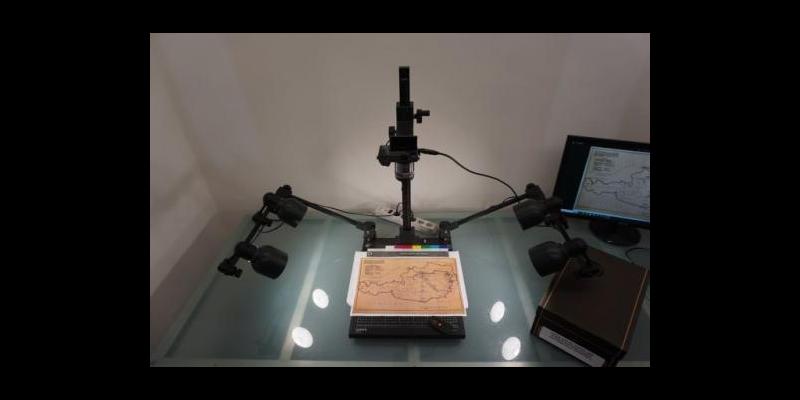In the last decade, Austrian Holocaust research and education has gone digital. In this rapidly evolving framework, this EHRI Seminar addresses the following questions:
- What are the topics in Austrian Holocaust research that are explored using digital tools, maps, databases, and digital repositories?
- Which new findings and approaches can be generated with geo-data? And how can you use geo-data in your research?
- How can we (re-)locate documents, memories, specific events by apps and digital maps? Which new spaces emerge through this layering of digital and on-site experience?
- Which databases exist to do research on the Holocaust in Austria? How can a cross-archival approach help to identify, verify, and re-assess names, places, and events across national and linguistic borders?
- How can we address the different quality of sources (visual sources, ego-documents, oral testimonies, perpetrator documentation, forms etc.)? What are the specific possibilities and limitations of these sources, and how can these be approached through digital methods and tools?
- How can researchers address a broader public through blogs, podcasts, and online exhibitions? Which skills and tools are needed to “go public” with your research?
See here for more information about the seminar nad how to apply.
Date(s)
-
Event Type
Continent
Country
City


In the last decade, Austrian Holocaust research and education has gone digital. In this rapidly evolving framework, this EHRI Seminar addresses the following questions:
- What are the topics in Austrian Holocaust research that are explored using digital tools, maps, databases, and digital repositories?
- Which new findings and approaches can be generated with geo-data? And how can you use geo-data in your research?
- How can we (re-)locate documents, memories, specific events by apps and digital maps? Which new spaces emerge through this layering of digital and on-site experience?
- Which databases exist to do research on the Holocaust in Austria? How can a cross-archival approach help to identify, verify, and re-assess names, places, and events across national and linguistic borders?
- How can we address the different quality of sources (visual sources, ego-documents, oral testimonies, perpetrator documentation, forms etc.)? What are the specific possibilities and limitations of these sources, and how can these be approached through digital methods and tools?
- How can researchers address a broader public through blogs, podcasts, and online exhibitions? Which skills and tools are needed to “go public” with your research?
See here for more information about the seminar nad how to apply.
